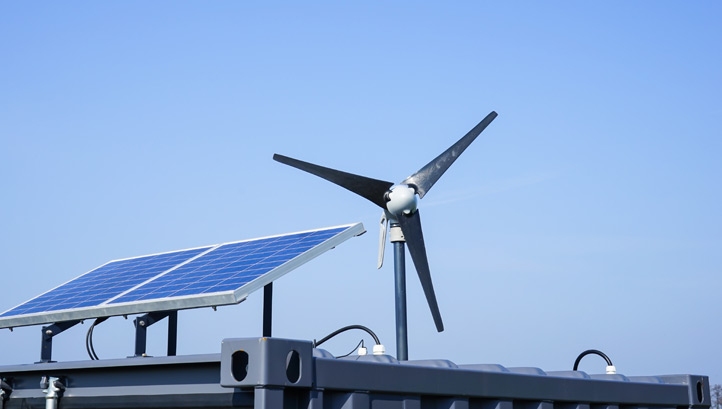UK Research and Innovation (UKRI) has outlined intentions to allocate £30m in funding for innovation and solutions for smart local energy systems in the UK.

The solutions should enable the UK to further decarbonise the power sector, while making progress in heat and transport
The UKRI is calling for innovators to present concepts and ideas in order to win a share of the £30m fund. The UK Government believes innovation in the area of local energy systems will spur an industry that could be worth billions of pounds in the 2020s, supporting tens of thousands of jobs.
Energy and Clean Growth Minister Claire Perry said: “We are at the start of a smart energy revolution, which will see technology like energy storage, smart appliances and electric vehicles become part of the fabric of everyday life. A future built on digital, data-driven smart systems will transform the way society interacts with the grid – delivering cheaper, greener and more flexible access to energy for everyone.
“This competition will help to give the UK’s makers and innovators the tools to make this vision a reality, and seize on the business opportunities ahead.”
The “Prospering from the Energy Revolution” Challenge Fund aims to support public bodies and local communities develop smart local energy systems in the UK that utilise renewables, energy storage, ultra-low emission vehicles, low-carbon heat, data and digital infrastructure.
The solutions should enable the UK to further decarbonise the power sector, while making progress in heat and transport – two sectors that have historically struggled to adopt clean technologies. The UK is not even halfway towards achieving the target of 12% of energy needs for heat generation coming from renewable sources, while the proportion of renewable energy used in transport has fallen in previous years.
A requirement for access to the fund is for each technology to be replicable and scalable across the UK.
The UKRI’s challenge director Rob Saunders said: “Smart local energy systems can intelligently link supply, storage and use of power, heat and transport in new ways that dramatically improve efficiency and work better for people.
“This competition will seek the very best ideas in British innovation to show how the energy sector of the future will be cleaner and greener and support the jobs and industries of the future.”
Innovation introduction
In March 2019, a new programme has been launched by the government’s Energy Systems Catapult centre to assist small and medium-sized businesses (SME) develop low carbon heating and cooling.
The support follows the Government’s announcement last year of a £320m package to accelerate the adoption of low carbon heat technologies across the UK. Called the Heat Networks Investment Project (HNIP), it offers grants and loans to businesses, hospitals, schools and local authorities with a heat network of two or more buildings.
More recently, Energy and Clean Growth Minister Claire Perry launched four smart energy systems demonstrator projects across the UK, in a bid to help towns and cities become “hubs” to spur the low-carbon transition across the electricity, heat, cooling and transport sectors.
The first of the schemes is an “Energy Superhub” in Oxford, which will play host to the world’s first transmission-connected 50MW lithium ion and redox-flow hybrid battery systems as well as a network of 320 ground-source heat pumps.
Matt Mace
